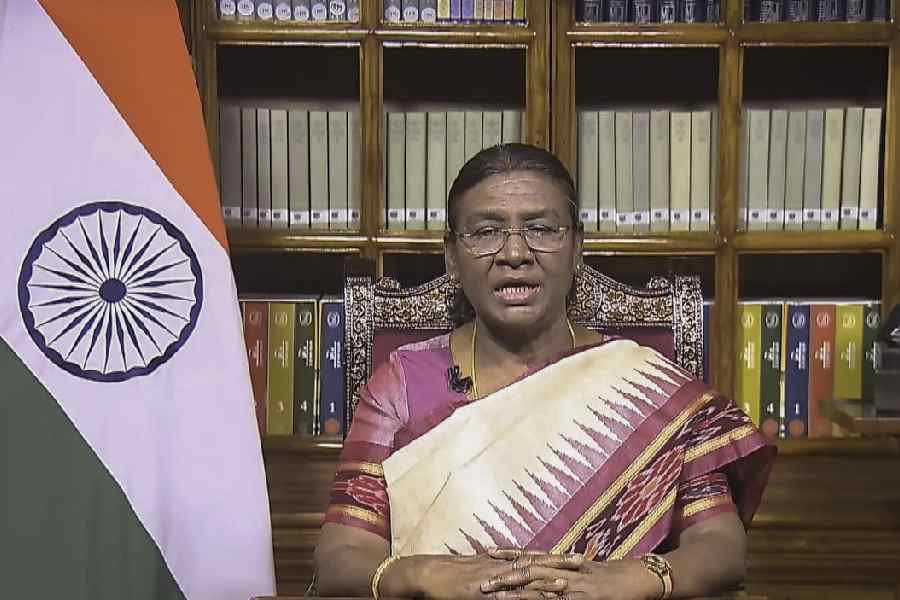Adish C. Aggarwala, senior advocate and president of the Supreme Court Bar Association, has urged President Droupadi Murmu to withhold the enforcement of the Supreme Court’s directive striking down the electoral bonds scheme and sought presidential reference to the top court to reconsider its judgment.
Aggarwala, who is also the chairman of the All India Bar Association, has cited Article 143 of the Constitution, which confers advisory jurisdiction power on the President to consult the Supreme Court on any question of law that is of public importance.
“Madam President, the most dangerous part of the Hon’ble Supreme Court’s judgment in the Electoral Bonds Scheme case is its direction to the Election Commission of India to correlate the donations and make public which political party received how much from which corporate entity. It has a potential to sound a death-knell to both parliamentary democracy and corporate freedom in our nation,” Aggarwala said in a letter addressed on behalf of the All India Bar Association.
The letter states that corporates had purchased the bonds on the expectation of discretion guaranteed to them. “Revealing the names of corporates that had contributed to different political parties would render the corporates vulnerable for victimisation. The possibility of them being singled out by those parties that had received less contribution from them, and harassed cannot be ruled out if the names of corporates and their quantum of contributions to various parties are revealed. This will be reneging on the promise given to them while accepting their voluntary contributions.
“Disclosing such sensitive information, that too retrospectively, will result in chilling effect in corporate donations and participation in the democratic process. Besides drying up further donations, such an act would discourage and dissuade foreign corporate entities from setting shops in India or participating in the democratic process but contributing to winning horses,” the letter said.











